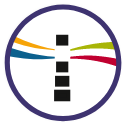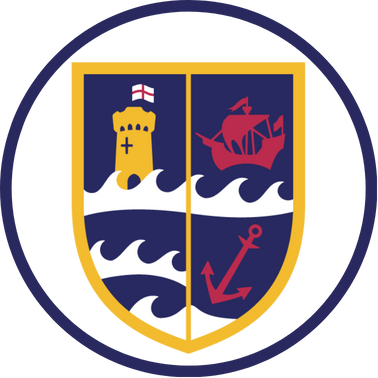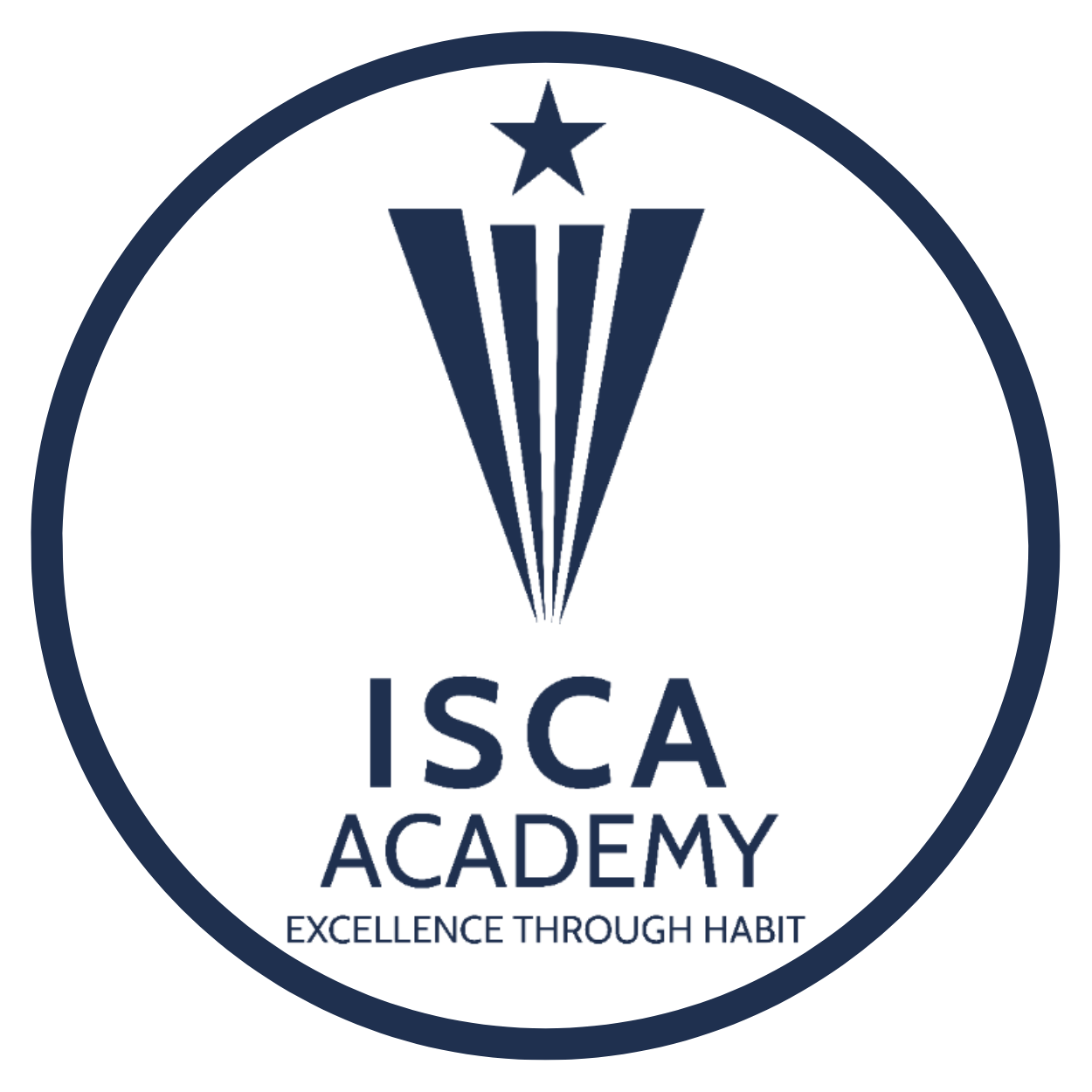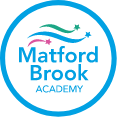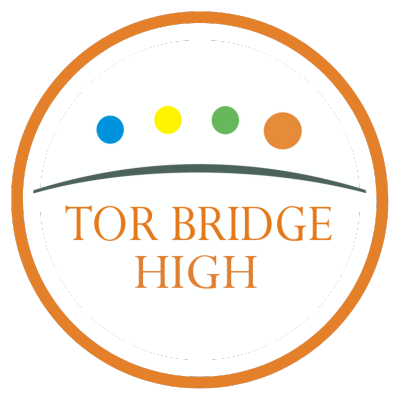How Trusts can take the lead on speech and language provision

Kylie Rio-Wood, Trust Leader for Speech and Language and Lead Speech and Language Therapist at the Ted Wragg Multi-Academy Trust tells us more.
It was revealed this month that almost two million school children are behind their peers in talking and understanding, the highest on record. Different reasons have been attributed to this jump, from the pandemic to the use of screens. However, the main takeaway is that thousands of children are now waiting over a year for speech and language therapy.
As the trust leader for speech and language at the Ted Wragg Multi-Academy Trust and the trust’s lead speech and language therapist, I believe schools are going to have to invest more in services like speech and language therapy (SALT). These have traditionally been provided or commissioned by local authorities, but now have long waiting lists, and the state of council finances nationwide suggest these will only get longer.
Children who do not receive SALT in a timely manner can see both their wellbeing and outcomes suffer. Their development can stall, leading to poorer mental health and even unemployment in adulthood. For children who need it, SALT can transform life chances by supporting them to access education properly and to manage socially.
Responding to the headline figures in The Times, Speech and Language UK’s chief executive, Jane Harris called on schools to put in place group programmes to help children with communication needs. This is what we have been doing trust-wide. Our team currently consists of a SALT assistant and three specialist TAs in Speech and Language. We’ve conducted speech and language screenings for two years and are working towards every child in every school in our trust being screened for speech and language needs and supported by us if needed.
I started this work by creating an informal assessment which covers areas of speech and language that, from evidence, a 4-year-old would be expected to be able to reach. We use this screening tool to assess children who start in reception, and from this we create booster sessions for children who have fallen short in certain areas. The SALT team run these sessions so that teachers don’t have to.
We then use an online assessment programme called Secondary Language Link, which is a unique, comprehensive package for supporting students with speech, language and communication needs. The package combines a robust standardised assessment with planned and fully-resourced, targeted small-group interventions and a staff training toolkit. We use this to screen every year 7 in all of our schools, and then run intervention groups as required.
Thanks to both of these screenings we are also able to identify any children with very significant needs who would meet the NHS SALT threshold. This allows us to refer them to this service sooner rather than later. It also means we can signpost other NHS services we think may help such as GPs, audiologists, and ear, nose and throat specialists.
Our Trust has also invested in an external provider of virtual SALT assessments and therapy for children in other year groups who staff are concerned about and think they might benefit from further support. These assessments can then also be used to help support any education, health and care plan (EHCP) referrals.
Taken together, all of this means more children than ever are being seen and supported, and much sooner than would otherwise be the case, which benefits everyone. It helps children catch up with their peers, supports teachers to deliver the best classroom experience for all pupils, and alleviates pressure on public services in the long term.
More Multi-Academy Trusts doing this sort of work internally or collaborating with each other to share these services would also reduce demand on local authority services, to the benefit of students in non-academised schools.
But above all, it’s clear how much children benefit personally from support with speech, language and communication needs. With almost two million children in need of that support, I hope more trusts will collaborate and consider how they can take a lead on this pressing issue.

